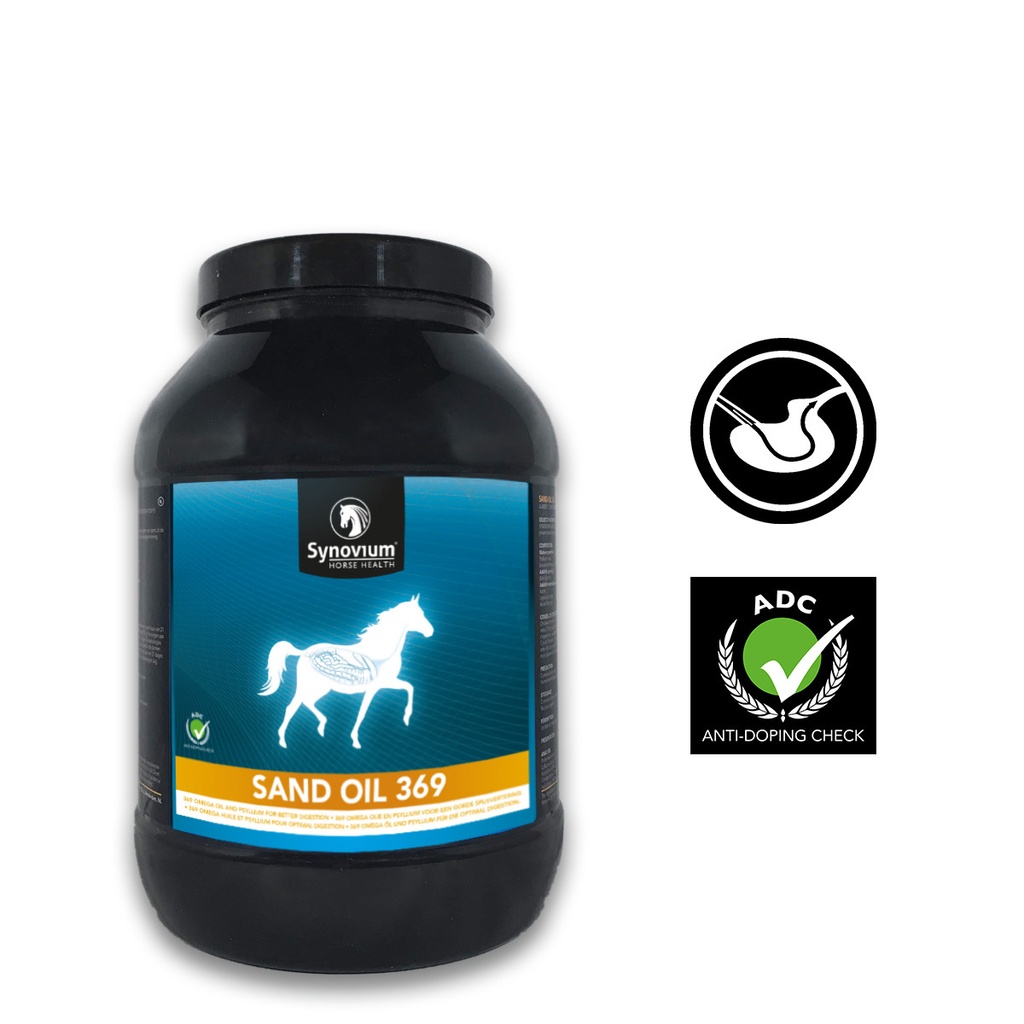1. Mienaltowski, M. J., Belt, A., Henderson, J. D., Boyd, T. N., Marter, N., Maga, E. A., & Depeters, E. J. (2020). Psyllium supplementation is associated with changes in the fecal microbiota of horses. BMC Research Notes, 13(1): 1-6.
2. Kara, K., & Baytok, E. (2017). Effect of different level of psyllium supplementation to horse diet on in vitro fermentation parameters and methane emission. Istanbul Universitesi Veteriner Fakultesi Dergisi, 43(1): 12-18.
3. Hotwagner, K., & Iben, C. (2008). Evacuation of sand from the equine intestine with mineral oil, with and without psyllium. Journal of Animal Physiology and Animal Nutrition, 92(1): 86-91.
4. Kaikkonen, R., Niinistö, K., Lindholm, T., & Raekallio, M. (2016). Comparison of psyllium feeding at home and nasogastric intubation of psyllium and magnesium sulfate in the hospital as a treatment for naturally occurring colonic sand (geosediment) accumulations in horses: A retrospective study. Acta Veterinaria Scandinavica, 58(1): 1-6.
5. Pieszka, M., Łuszczyński, J., Hedrzak, M., Goncharova, K., & Pierzynowski, S. G. (2016). The efficacy of kaolin clay in reducing the duration and severity of “heat” diarrhea in foals. Turkish Journal of Veterinary and Animal Sciences, 40(3): 323-328.
6. Picetti, T. S., de Figueiredo Soveral, L., Miotto, R., Erpen, L. M. S., Kreutz, Y., Guizzo, J. A., Frandoloso, R., & Kreutz, L. C. (2021). Orally administered β-glucan improves the hemolytic activity of the complement system in horses. Veterinary World, 14(4): 835-840.
7. Tappy, L., Gügolz, E., & Würsch, P. (1996). Effects of breakfast cereals containing various amounts of β-glucan fibers on plasma glucose and insulin responses in NIDDM subjects. Diabetes Care, 19(8): 831-834.
